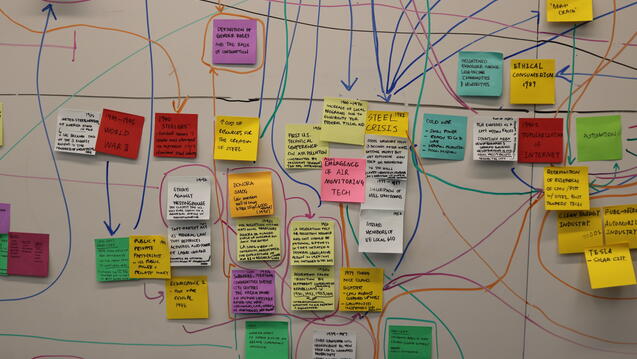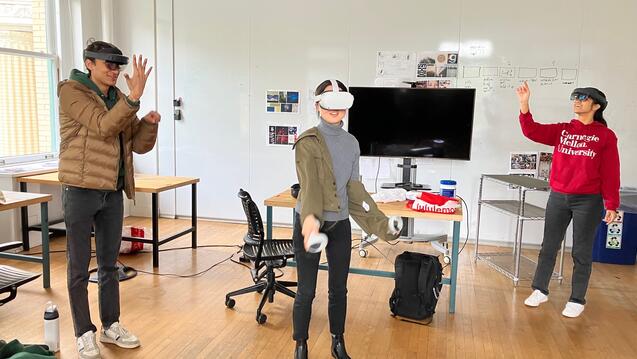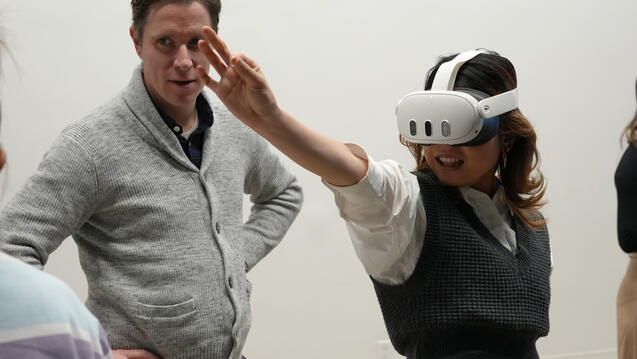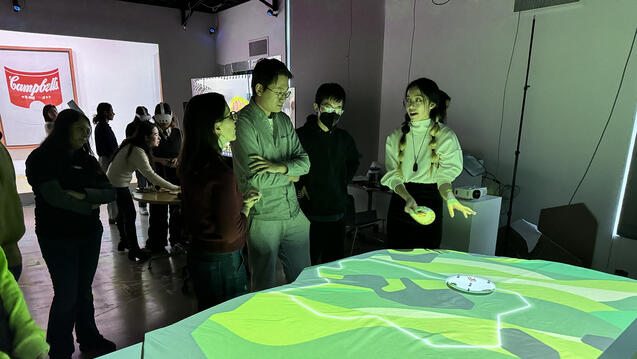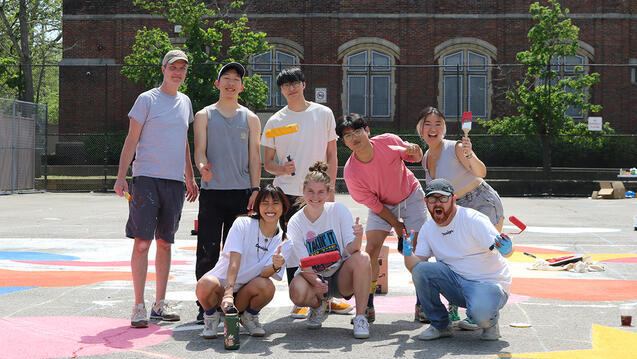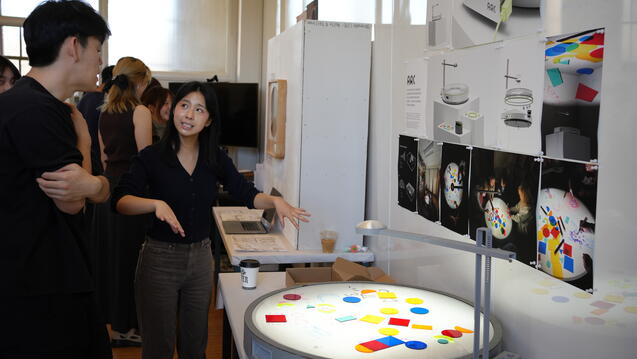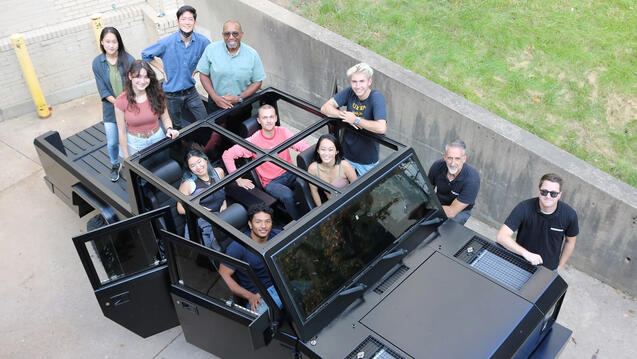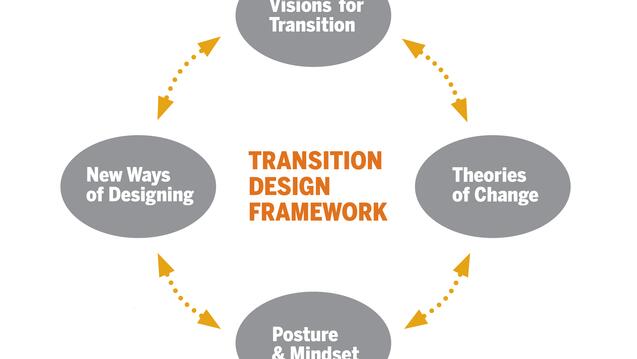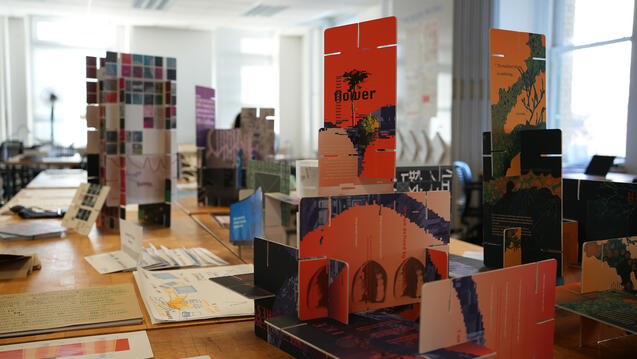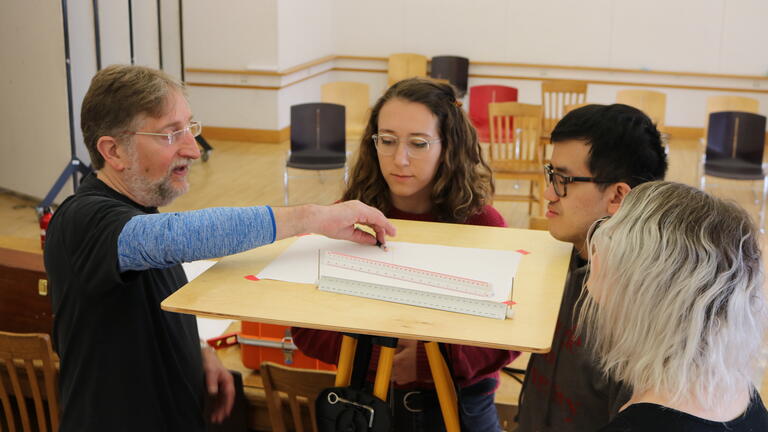
Faculty Expertise
The School of Design is situated within Carnegie Mellon University, a top-ranked multidisciplinary research university where design, the arts and sciences, engineering, business, and humanities converge.
CMU has long been known and revered for its unique cross-disciplinary approach to solving problems, and the School of Design follows this model with a design process that brings together perspectives from many disciplines.
The School of Design’s global reputation for teaching, research, and creative and professional practice is built on the collective and individual expertise of our faculty. They bring a diverse range of academic and professional backgrounds to our classrooms and studios, contributing collaboratively to our undergraduate and graduate curricula, research opportunities for students, and the advancement of the discipline.
At our core, we approach coursework and research within the School of Design as an interactive catalyst for change. Rather than focusing on form and basic function, our faculty motivate students to consider how the quality of design impacts interactions among people, the built world, and the natural world.
They guide students to examine how new technologies restructure everyday lives and consider ways in which society can live and work sustainably and equitably. Through this guidance and the application of creative and critical thinking, our students develop theoretical and practice-based proposals that advance the principles, tools, and methods of design.





